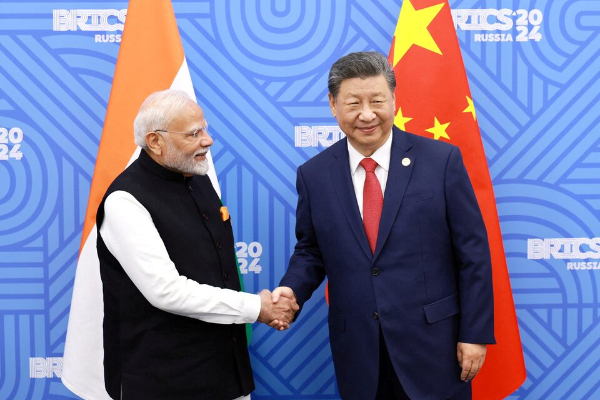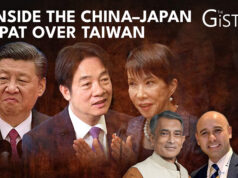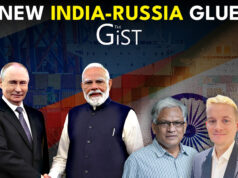
Prime Minister Narendra Modi is set to visit China from August 31 to September 1 to attend the Shanghai Cooperation Organisation (SCO) summit in Tianjin—his first trip to the country since the 2020 Galwan Valley clash. The visit is seen as a potential move toward normalising strained bilateral ties.
Although Modi last visited China in 2019, he did meet Chinese President Xi Jinping on the sidelines of the BRICS Summit in Kazan in October 2024.
That interaction helped spur momentum toward reducing border tensions, further aided by the resumption of the Kailash-Mansarovar yatra, which contributed significantly to restoring diplomatic engagement.
Modi’s upcoming visit comes at a time when India is under growing pressure from the United States, particularly over oil purchases from Russia, while also facing the impact of stiff tariffs imposed by U.S. President Donald Trump.
In this context, a recalibration of India-China relations could serve as a strategic counterbalance to mounting U.S. demands.
Tensions Linger Over Pahalgam
India’s participation in the SCO summit also unfolds under the shadow of persistent Chinese support for Pakistan and the unresolved tensions surrounding the April 22 Pahalgam terror attack, which killed 26 people.
In June, Indian Defence Minister Rajnath Singh declined to sign a joint statement at an SCO defence ministers’ meeting, objecting to the omission of any reference to the Pahalgam incident, while the statement included a mention of Balochistan—seen by India as a veiled accusation instigated by Pakistan.
In a notable shift, however, China took a strong stance in July following the U.S. designation of The Resistance Front, a Pakistan-based Lashkar-e-Taiba proxy, as a foreign terrorist organisation for its role in the Pahalgam attack.
Chinese Foreign Ministry spokesperson Lin Jian issued a firm condemnation of the violence, stating, “China firmly opposes all forms of terrorism and strongly condemns the terrorist attack that occurred on April 22… China calls on regional countries to enhance counterterrorism cooperation and jointly maintain regional security and stability.”
At the upcoming summit, leaders from all ten SCO member states—Belarus, China, India, Iran, Kazakhstan, Kyrgyzstan, Pakistan, Russia, Tajikistan, and Uzbekistan—are expected to discuss regional security, terrorism, and economic cooperation.
There is anticipation that Prime Minister Modi may also hold bilateral meetings with Russian President Vladimir Putin and Chinese President Xi Jinping on the sidelines, further advancing diplomatic outreach and potential collaboration.
Founded in 2001, the SCO has evolved into a key regional platform aimed at promoting stability, fostering economic and security cooperation, and enhancing mutual trust among member nations.
This year’s summit carries added weight as India navigates a complex diplomatic landscape marked by external pressure, regional rivalries, and a desire for strategic rebalancing.
(With inputs from IBNS)




